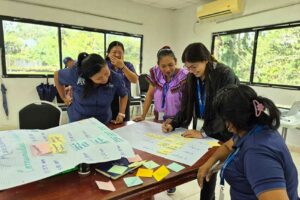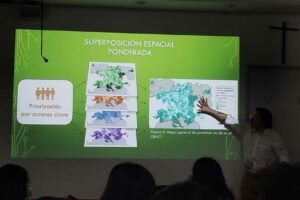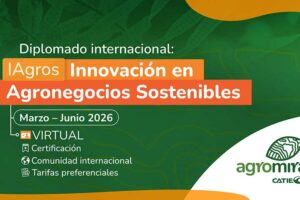Strengthening Biocultural Resilience in the Face of Climate Change in Guatemala
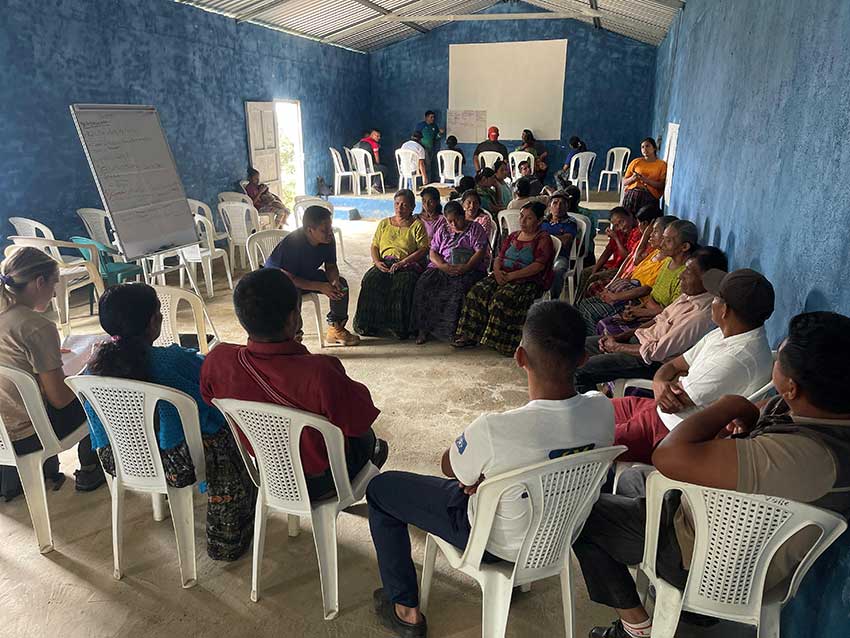
- The Biocultural Landscapes Project promotes climate resilience and conservation through nature-based solutions together with Indigenous and local communities in Guatemala.
In the Indigenous territories of Alta Verapaz and Chiquimula, Guatemala, climate change is no longer a prediction—it is a daily reality challenging food security and livelihoods. In 2024, Q’eqchi’ communities in Senahú faced a historic seven-month drought, resulting in the loss of 60% of cropland and 82% of cardamom production, as well as forest fires. In Olopa, Chiquimula, the prolonged “canícula” (dry heat spell) affected maize cultivation, especially in plots without trees to provide shade from high temperatures.
In response, communities have not stood still. Through the Biocultural Resilience project, Q’eqchi’ Indigenous cooperatives and Chortí communities are strengthening territorial governance by systematizing ancestral knowledge, recognizing the value of trees—especially forests and agroforestry systems—to preserve water, protect soil, and safeguard crops.
This participatory process—centered on nature-based solutions and Indigenous worldviews—enhances climate resilience and collective wellbeing. It also aligns directly with COP30 priorities: climate action grounded in justice, inclusion of Indigenous peoples, biodiversity conservation, sustainable agriculture, and strengthened local governance.
Because, as the communities say: “Mother Earth is our home; it is our responsibility to take care of her.”
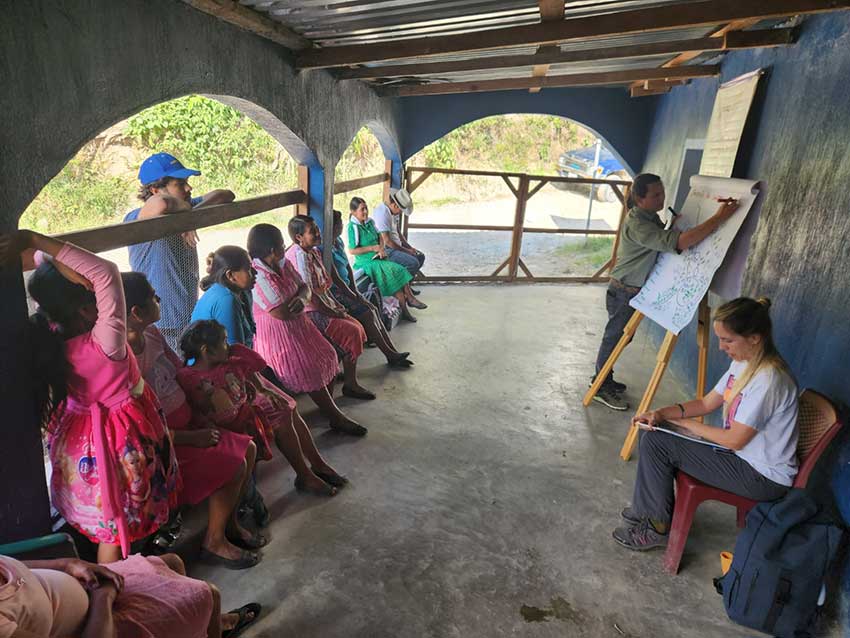
More information:
Jeremy Haggar
Project Leader, Biocultural Resilience
Natural Resources Institute (NRI), Universidad de Greenwich
J.P.Haggar@greenwich.ac.uk
Alejandra Martínez-Salinas
Coordinator
Forests and Biodiversity in Productive Landscapes Unit
CATIE
amartinez@catie.ac.cr
Written by:
Karla Madrigal
Communicator
Communications and Marketing Office
CATIE
karla.madrigal@catie.ac.cr

